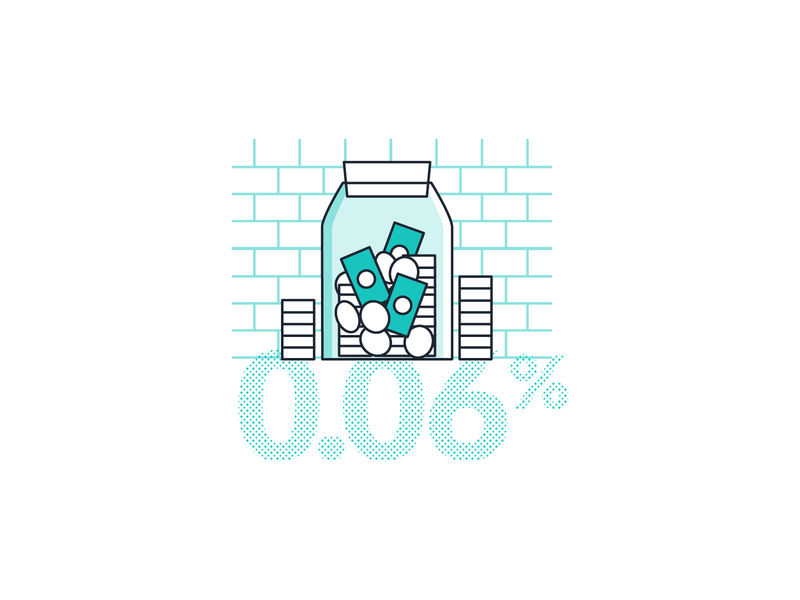The Consequences Of Falling Short To Fulfill An Efficiency Bond
The Consequences Of Falling Short To Fulfill An Efficiency Bond
Blog Article
Short Article By-
When a surety problems a performance bond, it assures that the principal (the event that purchases the bond) will certainly satisfy their responsibilities under the bond's terms. If the primary fails to fulfill these responsibilities and defaults on the bond, the surety is accountable for covering any type of losses or problems that result.
1. Loss of reputation: Back-pedaling a performance bond can harm the principal's track record and reliability, making it more difficult to protect future organization or funding.
2. Legal and management expenses: The surety may require to pay lawful and management costs connected with pursuing the principal for problems or trying to correct the scenario.
3. Monetary losses: The surety might require to cover the price of completing the task or giving the services that the principal fell short to deliver. This can lead to substantial financial losses for the guaranty.
4. Increased premiums: If the principal has a history of defaulting on performance bonds, they might be needed to pay higher costs in the future to obtain the necessary bonding.
Generally, back-pedaling an efficiency bond can have severe monetary consequences for both the principal and the guaranty. It is very important for principals to carefully consider their commitments and ensure they are able to satisfy the regards to the bond to stay clear of these negative results.
Back-pedaling a performance bond can be an expensive misstep for companies. When you fall short to fulfill the bond's commitments, the monetary consequences can be significant. From paying the full bond total up to potential lawful fights and damaged partnerships, the consequences can reverberate throughout your business operations. Recognizing the elaborate web of monetary effects that defaulting on an efficiency bond can have is important for protecting your firm's financial wellness and online reputation.
Financial Penalties for Defaulting
If you back-pedal an efficiency bond, you'll likely encounter substantial punitive damages. These penalties can vary depending upon the regards to the bond agreement yet commonly involve paying the bond quantity in full to the obligee. This indicates that if you fail to accomplish your legal responsibilities, you should pay the bond total up to the job proprietor or the entity that needed the bond.
In addition, you may additionally be accountable for any type of extra costs sustained by the obligee as a result of your default, such as locating a replacement specialist or covering project hold-ups.
Back-pedaling a performance bond can also result in lawful fees and court expenses if the obligee decides to take legal action versus you to recoup the bond quantity. These expenses can quickly accumulate, additional exacerbating the financial impact of your default. It's vital to very carefully assess and comprehend the terms of the performance bond to avoid these extreme financial penalties.
Effect On Company Cash Flow
Defaulting on an efficiency bond can dramatically affect your service cash flow, affecting monetary security and operational abilities. When you back-pedal an efficiency bond, you run the risk of losing the bond amount, which can be a considerable sum. bonds for income affects your capital, as you'll require to discover alternate resources of funding to cover the bond quantity. In addition, skipping can lead to enhanced analysis from guaranties, making it more challenging and much more costly to protect bonds in the future. This can further strain your cash flow as you may require to allot extra sources to satisfy bonding demands.
https://stephenarhxo.dreamyblogs.com/30601034/the-significance-of-surety-bonds-in-construction-projects on your cash flow doesn't stop there. Back-pedaling a performance bond can likewise lead to task hold-ups or terminations, bring about a loss of earnings. In addition, the negative online reputation that includes failing can discourage prospective clients, even more minimizing your cash flow. Generally, defaulting on a performance bond can have detrimental impacts on your business's monetary health and capacity to run smoothly.
Lawful Ramifications and Lawsuits
Facing lawful ramifications and possible claims as a result of defaulting on a performance bond can significantly influence your business's online reputation and financial standing. When you default on a performance bond, the guaranty business might take legal action to recuperate the bond amount paid out. This could result in costly lawful costs, court costs, and possible negotiations or judgments against your service.
In addition, defaulting on a performance bond may result in harmed partnerships with customers, subcontractors, and distributors, influencing your capacity to safeguard future contracts. Lawsuits developing from bond defaults can tarnish your business's reliability in the sector, making it testing to attract new companions or consumers.
Furthermore, if the default leads to a court judgment against your business, it might result in possession seizure or liens, further straining your economic stability. For that reason, it's critical to comprehend the lawful ramifications of defaulting on an efficiency bond and take positive actions to reduce the risks entailed.
Verdict
As you deal with the consequences of back-pedaling an efficiency bond, remember this: it resembles walking a tightrope without a safety net. One wrong action can send you plunging into a financial freefall, without way to quit the autumn.
The financial penalties, capital effect, and lawful ramifications are all waiting to capture you if you blunder. So tread meticulously, and constantly honor your dedications to stay clear of the severe consequences of default.
